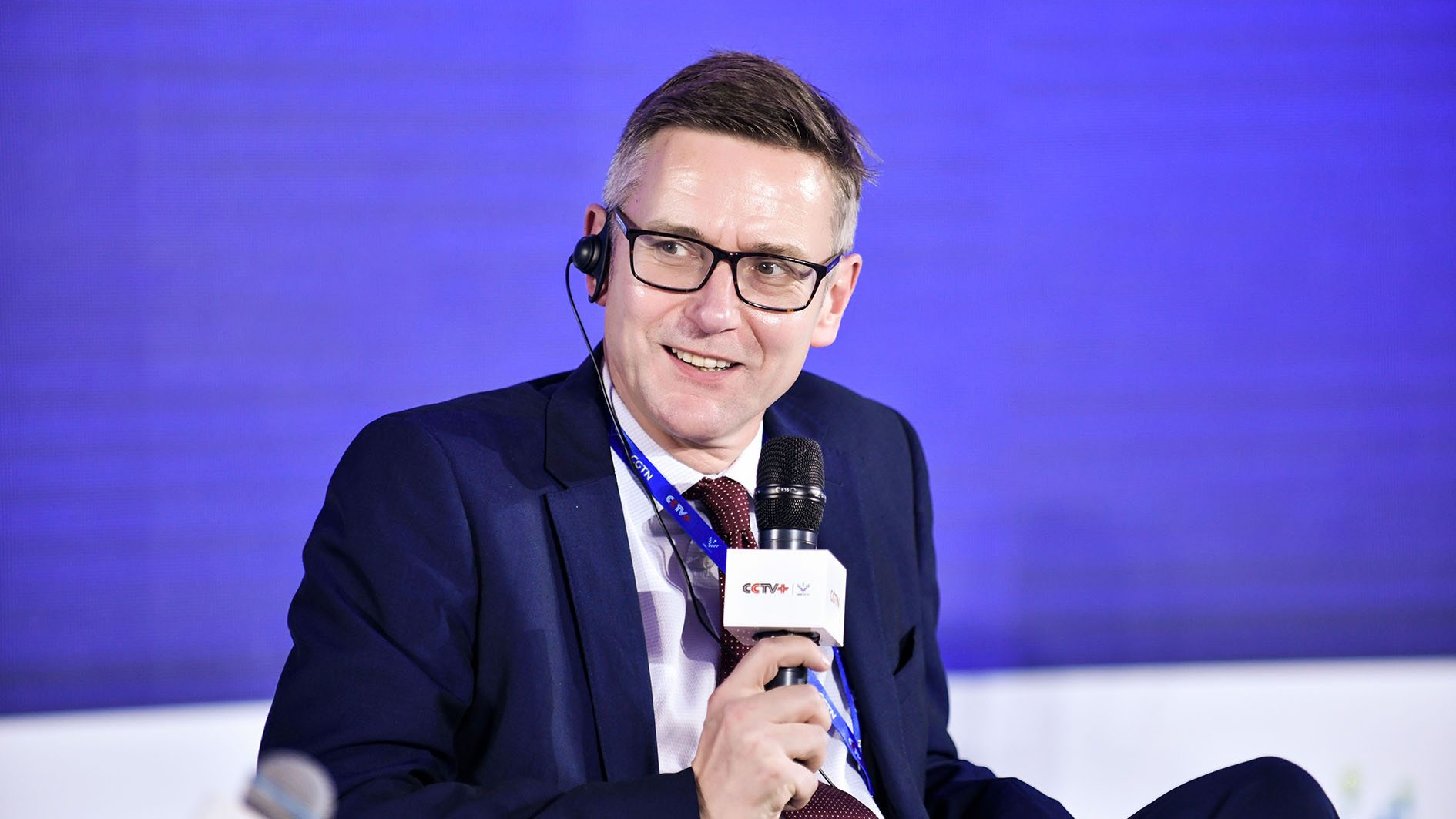
China
23:10, 16-Oct-2018
CGTN Global Media Summit: Is amateur content a challenge to quality reporting?
Updated
22:09, 19-Oct-2018
CGTN
02:55

Great apps which people can use to shoot videos and amateur content created by the public will not be a challenge to quality reporting, but “a fantastic aid, bonus assistant", said John Pullman, Reuters Head of Video and Content.
"There is always a role for journalists", Pullman said in an interview with CGTN reporter John Goodrich.
He explained that nowadays, the public is always the first to see a breaking news story like a natural disaster, but they are not journalists even though they may film well. What journalists need to do is to work with the witness hand in hand, he said.
John Pullman emphasized that not all news stories are breaking news, there are stories such as political corruption which the members of public will never cover. Journalists have to do hard work to uncover them.
He also said that when journalists want to use the amateur content, they need to verify and get permission for it.
Speaking of the fact-checking process, he said it is a "mixture of technology and human skills". Pullman explained that Reuters have programs which can verify the shooting time for a video; they have a global team as well. People from this team can speak all kinds of languages so they can identify what the video is saying, even the accent.
While sometimes technology is what we need to do the fact check, sometimes we need human touch, "The real secret here is to speak to the person who filmed it", he added.
The 2nd China Global Television Network (CGTN) Global Media Summit and the 8th Global Video Media Forum opened in southwest China's Chongqing Municipality on Tuesday morning.
Pullman said the forum provides an opportunity for people from all over the world to share views and to learn. "So far we have a really interesting discussion," he said.
Pullman also shared his career path with CGTN, talking about his first job at a local newspaper. But he would not suggest anyone start a career at a newspaper now, because he thought newspapers are not where most people get their news today.
"The media landscape is changing dramatically with the rise of the digital news", he said.

SITEMAP
Copyright © 2018 CGTN. Beijing ICP prepared NO.16065310-3
Copyright © 2018 CGTN. Beijing ICP prepared NO.16065310-3